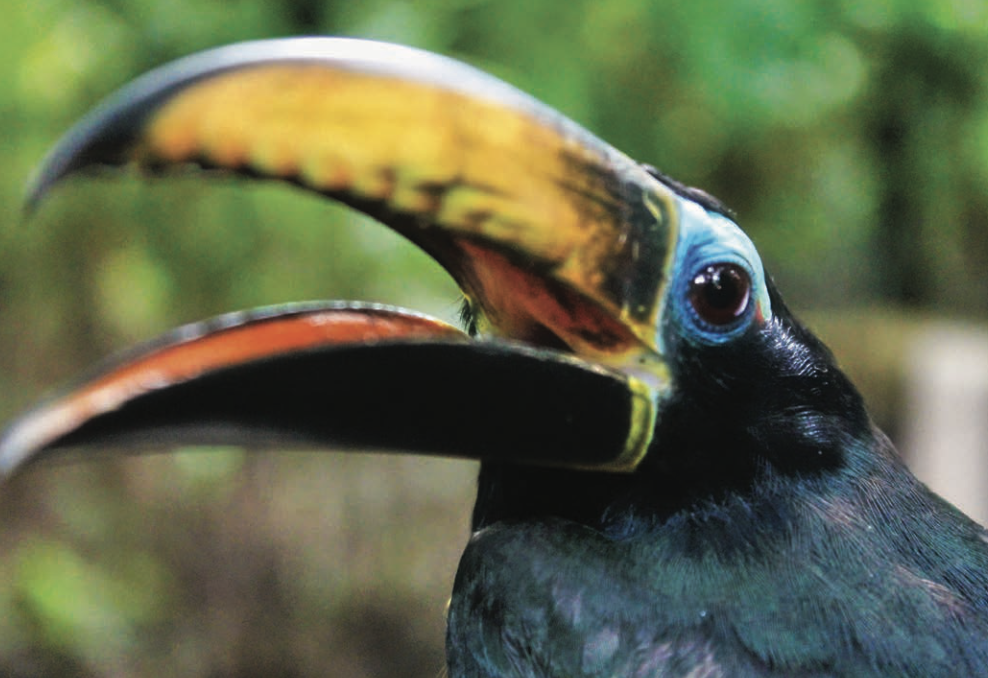Participate in hands-on science while visiting some of the world’s most astounding places.
By Real Leaders
Earthwatch is an international environmental nonprofit that invites travelers to be more than tourists.
Founded in 1971, the organization connects volunteers with scientists worldwide to address some of the world’s most pressing environmental challenges. Visitors conduct research and are empowered with knowledge to conserve the planet. Opportunities abound for teens and adults, and no prior experience is needed. Choose from more than 40 field research expeditions spanning six continents with varying accommodations and activity types and levels.
CUBA – Map Forest Biodiversity
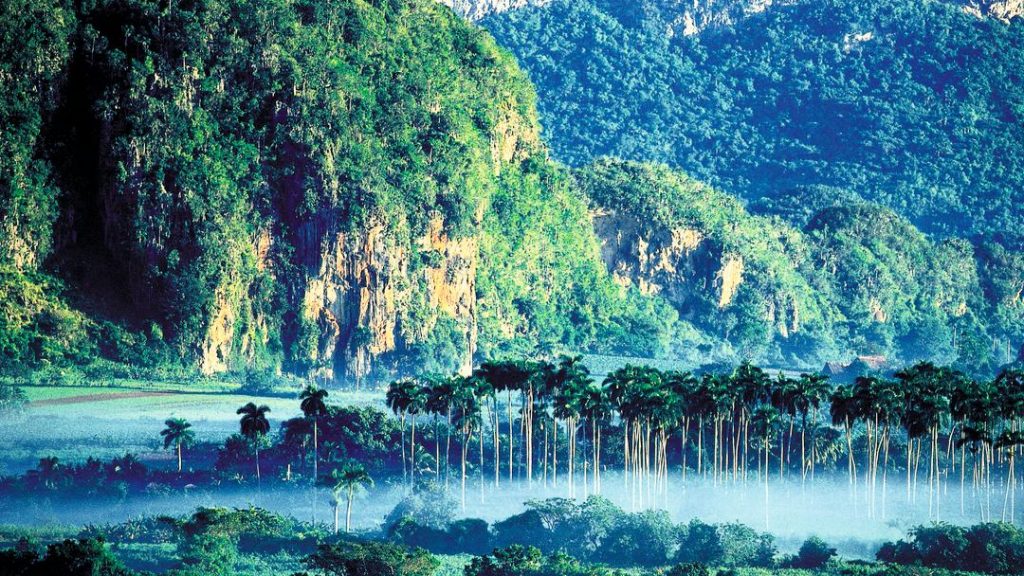
Document birds and bats, survey forest trees, and connect with the rural and neighboring communities at Lomas de Banao Ecological Reserve. It’s home to species only found in the Caribbean, including the vulnerable Cuban Parakeet and the near-threatened Cuban Amazon Parrot. While long-term political complexities stymied collaborative international research, international relations are improving, making this a critical moment to take stock of Cuba’s wildlife to inform management and conservation plans as the island becomes increasingly developed.
INDONESIA – Monitor Coral Reefs
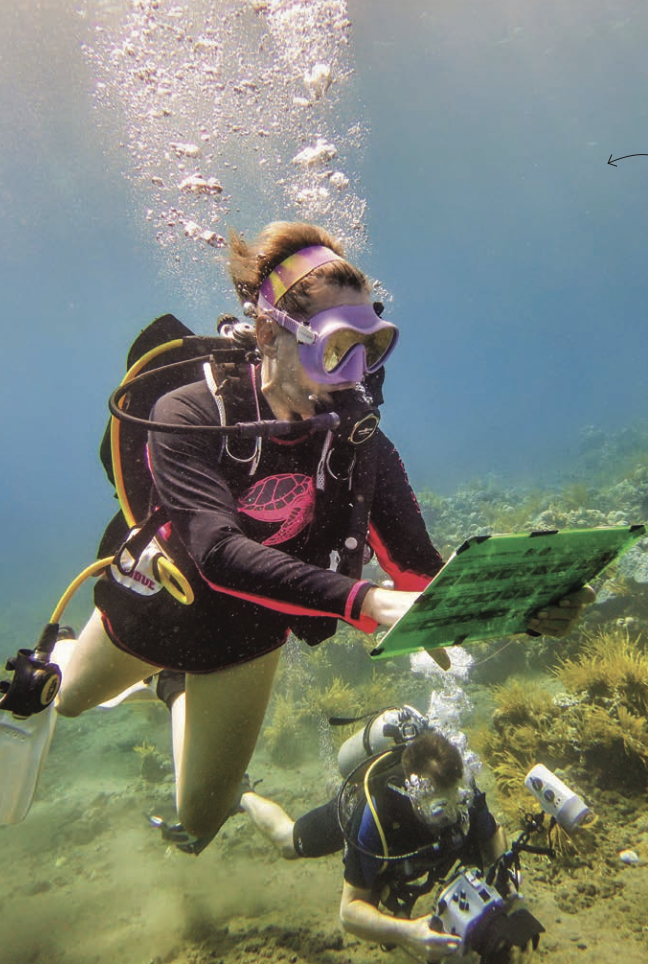
Snorkel or scuba dive in a marine-protected area over natural and artificial reefs on the island of Bali. It lies within the coral triangle, a global center of marine biodiversity. Over the last several decades, some of Bali’s reef ecosystems have been heavily degraded by destructive fishing practices, warming ocean temperatures, pollution, and other human activities. You’ll conduct reef surveys, deploy video units, and analyze project data, helping determine how closely fish communities, carbon cycling, and predator populations on artificial reefs match those on natural reefs.
PERU – Explore by Riverboat
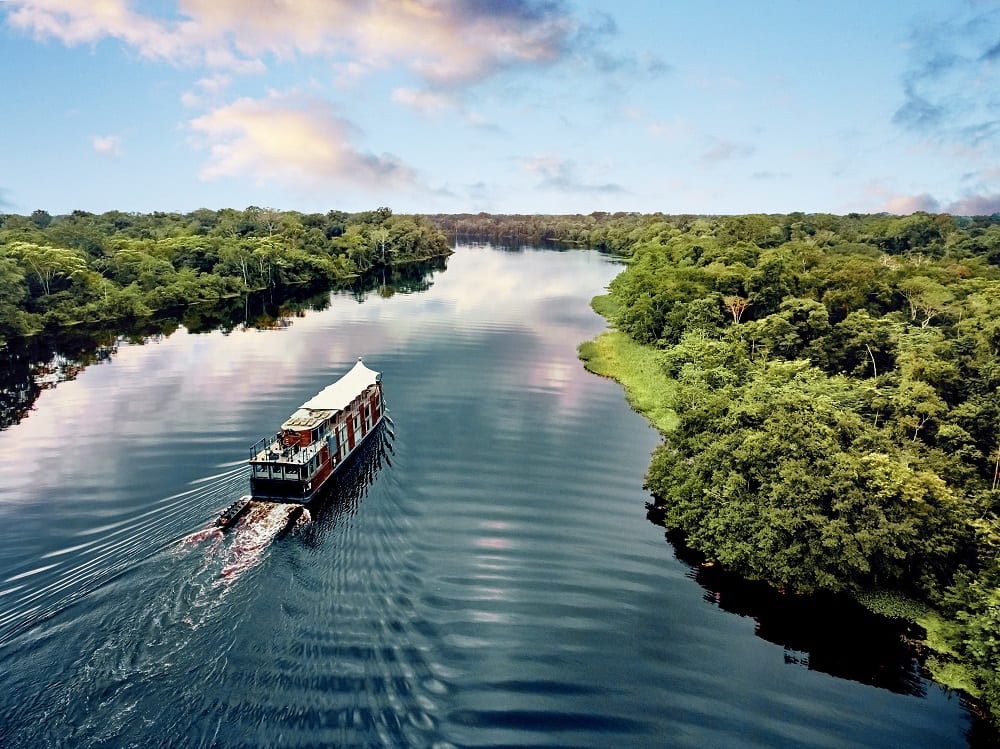
Board a riverboat in the heart of Peru’s flooded Amazon region and disembark to hike the rainforest. Log sightings of pink dolphins, caimans, fish, wading birds, macaws, and fishing bats, and even record vocalizations. The wildlife in northeastern Peru’s Amazonian forests is declining due to recent intense climate fluctuations that have caused floods and droughts. You’ll gather information about the health of the ecosystem and the sustainability of traditional hunting and fishing to help researchers develop conservation strategies to protect wildlife and the needs of indigenous people.
SOUTH AFRICA – Protect Penguins
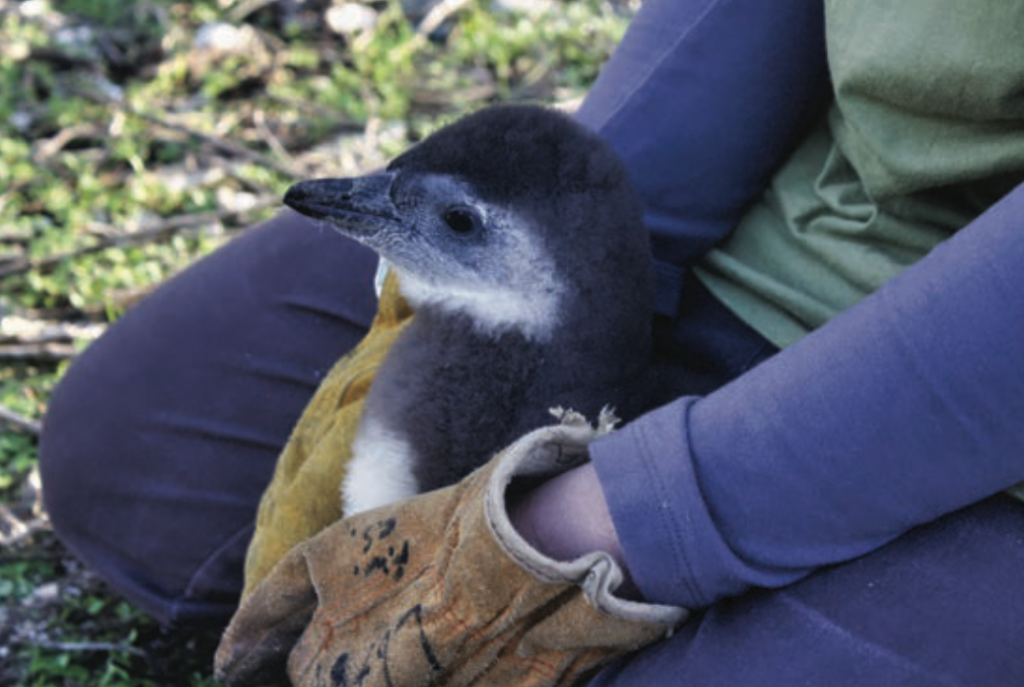
Help scientists monitor penguin nests, assess chick body conditions, assist injured birds, and reduce the impact of various threats to the fragile environment of Robben Island. This hotspot for seabird biodiversity includes endangered cape cormorants, bank cormorants, and 2,900 African penguins. About 90% of the island’s penguin population disappeared in the past century in part due to oil spills, as Robben Island is in the middle of major shipping lanes.

